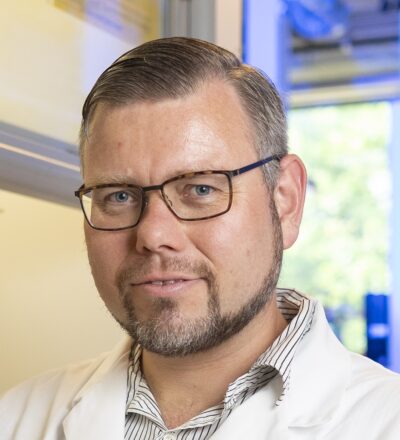We aim to accelerate the collaborative development of radically innovative technologies for the separation and treatment of fluids. Therefor we need technologies that are cost-effective, robust and future proof. Our program Industrial Fluids Processing is bridging science to practice in a collaborative development with industry to accelerate the actual application of these technologies.
The focus of the technology development by the program is on intensification and electrification of the separation and treatment of liquids and gases, leading to the energy-efficient production and the recovery and reuse of valuable components. This should enable at least a 49% reduction in CO2 emissions along the total production process by 2030 in comparison to 1990 as set forth in the central goal of the Climate Agreement by the Dutch government.
We can establish a 49% reduction in CO2 emissions
Energy-efficient production and the recovery and reuse of valuable components
In the process industry, a radical change is needed due to a changing environmental, industrial and societal context. The process industry needs to transition to a circular economy and use renewable resources.
Furthermore, future industrial plants and clusters will need to have minimal discharge and lower carbon and water footprints. The mission of the Industrial Fluids Processing cluster is to:
- Accelerate the collaborative development of radically innovative technologies for the separation and treatment of fluids
- Ensure continuity of industrial operations in a changing environment
- Accelerate the realization of a carbon-neutral and circular industry with a reduced reliance on fossil fuels
R&D program
The Industrial Fluids Processing (IFP) cluster maintains a dedicated and adaptive R&D program that focuses on the following technologies & processes:
- Membrane and affinity based separations
- Alternative driving force based separations
- Integrated fluid treatment & conversion
- Water reuse and resource recovery



































